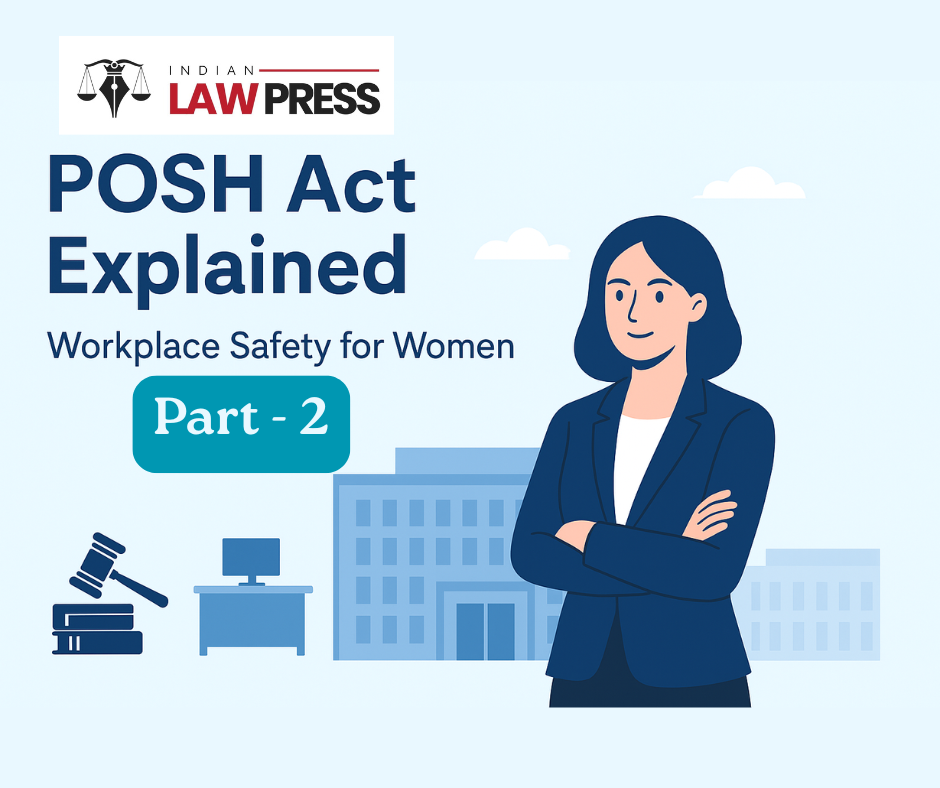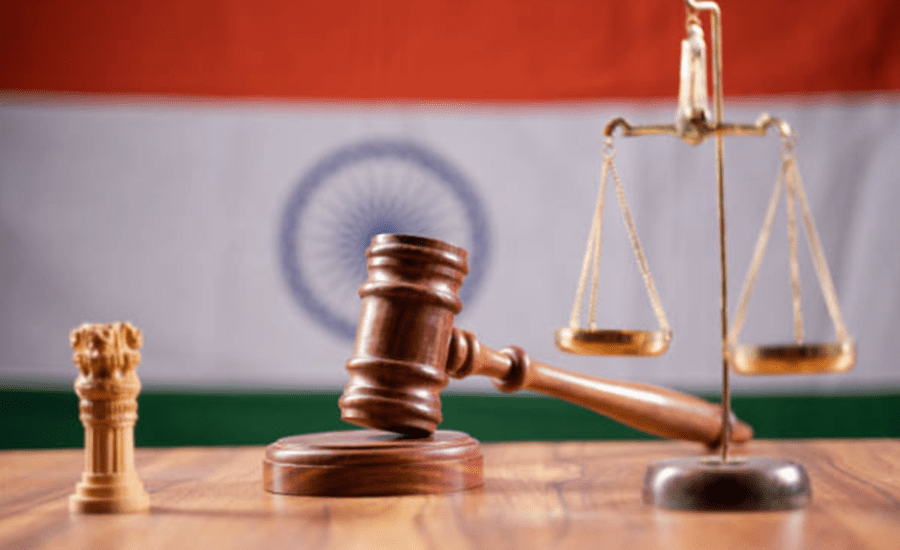The SC verdict excluding political parties from POSH highlights a major policy gap. Learn why women in politics need legal safeguards and possible solutions for safer political spaces.
Introduction
While the Supreme Court’s verdict is legally sound, it raises an important question — who protects women in politics from harassment?
This post explores the policy gap, its impact on women, and what reforms might be needed.
The Policy Gap
Since political parties are not “workplaces” under POSH:
- Women workers, volunteers, and interns in politics have no statutory redressal mechanism.
- Complaints must be handled internally by party structures, which may not be independent or impartial.
Why This Matters
- Women’s Participation in Politics – India has only ~15% women MPs in Lok Sabha. Fear of harassment can further discourage participation.
- Need for Safe Political Spaces – A special mechanism could boost women’s confidence to join politics.
Possible Solutions
- Separate Law for Political Workers – Parliament could create a dedicated framework for sexual harassment complaints in political parties.
- Mandatory Party-Level Committees – Like Internal Complaints Committees (ICC) in workplaces.
- Awareness & Training – Educate party members on gender sensitivity and grievance redressal.
Example for Students:
Just like we have Election Commission-mandated rules for candidate selection and funding disclosures, there could be rules ensuring internal grievance committees in parties.
Conclusion
The Supreme Court’s judgment highlights a legal vacuum. For a truly inclusive democracy, India may need specific safeguards for women in politics to ensure a safe and harassment-free space.
🔗 Previous Reads:




